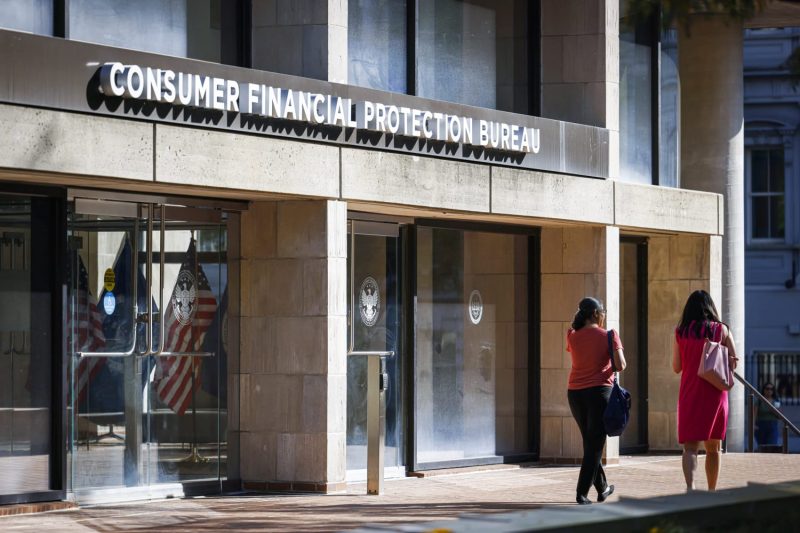The Consumer Financial Protection Bureau (CFPB) has recently proposed a rule that has the potential to save Americans an estimated $10 billion annually in late fees. This new regulation aims to address the issue of overdraft fees charged by banks and other financial institutions, which often disproportionately affect low-income individuals. The proposed rule would require banks to obtain customers’ explicit consent before enrolling them in costly overdraft protection programs. This move is intended to provide consumers with more control over their banking accounts and reduce the financial burden caused by excessive fees.
One of the primary justifications for implementing this rule is the disproportionate impact of overdraft fees on vulnerable populations. Studies have shown that low-income individuals are more likely to incur overdraft fees, which can quickly accumulate and lead to financial hardship. By requiring banks to seek explicit consent before enrolling customers in overdraft programs, the CFPB aims to empower consumers to make informed decisions about their finances and avoid unnecessary fees.
Moreover, the proposed rule aligns with the CFPB’s mission to protect consumers from predatory financial practices. Overdraft fees have long been a source of contention, with critics arguing that they function as a hidden form of usury, disproportionately affecting those who can least afford it. By limiting the ability of banks to automatically enroll customers in overdraft protection programs, the CFPB’s rule seeks to promote greater transparency and fairness in the banking industry.
However, despite the potential benefits of the proposed rule, it faces uncertainty due to possible last-minute freezes. Some industry stakeholders have expressed concerns about the impact of the rule on banks’ revenue streams, arguing that it could lead to unintended consequences such as the restriction of credit access for certain consumers. These concerns have prompted calls for further analysis and a potential delay in implementation to allow for more thorough examination of the rule’s implications.
In conclusion, the CFPB’s proposed rule to save Americans $10 billion a year in late fees by requiring explicit consent for overdraft protection programs represents a significant step towards promoting financial fairness and consumer empowerment. While the rule has the potential to alleviate the financial burden on vulnerable populations, it also faces challenges and uncertainties due to potential industry pushback. Moving forward, it will be crucial for all stakeholders to engage in constructive dialogue to address concerns and ensure that the rule strikes the right balance between consumer protection and industry interests.
